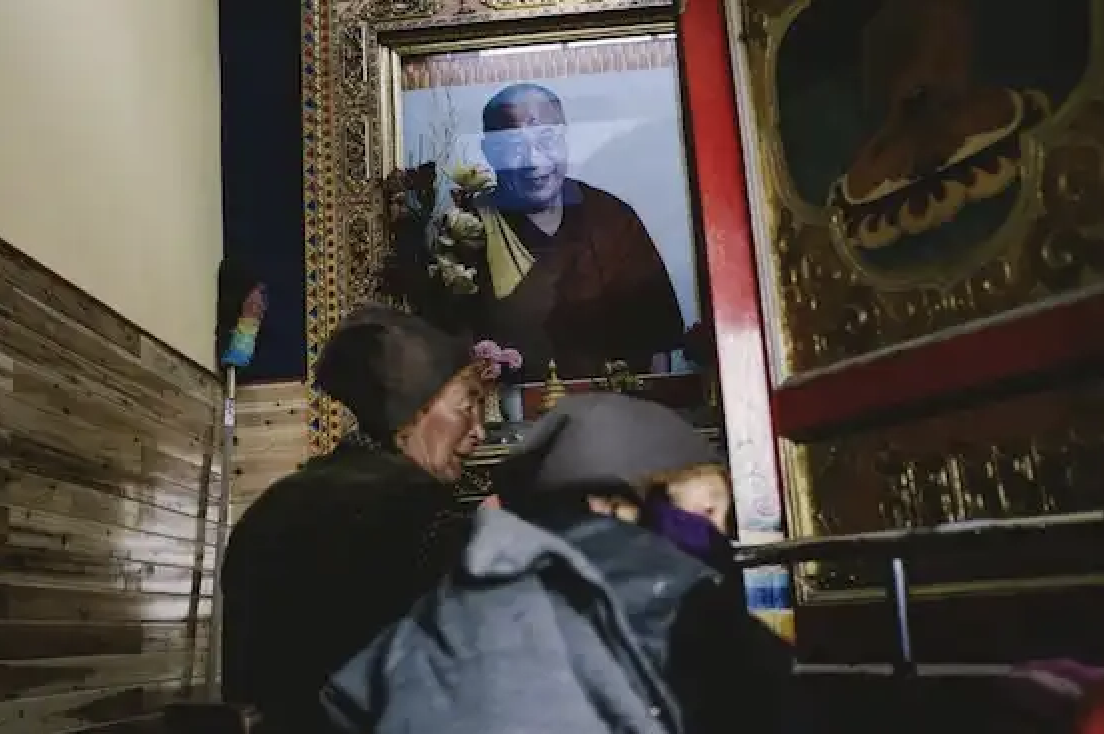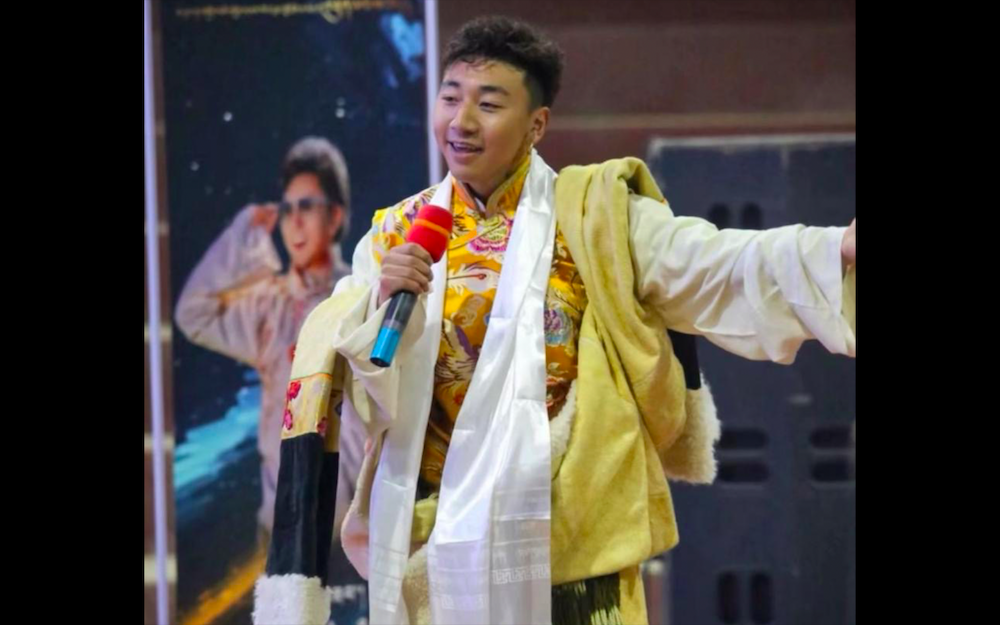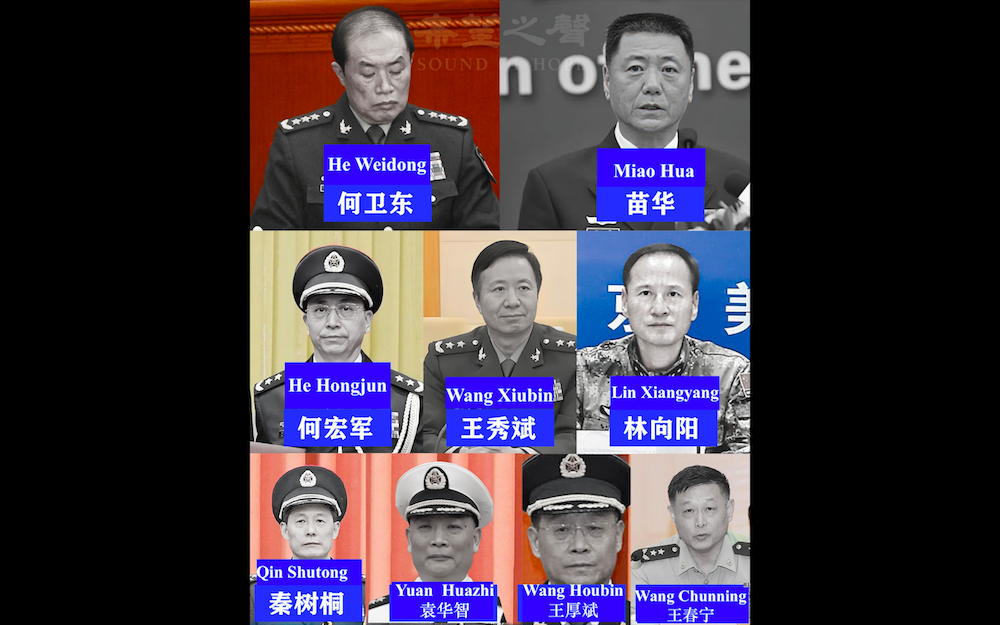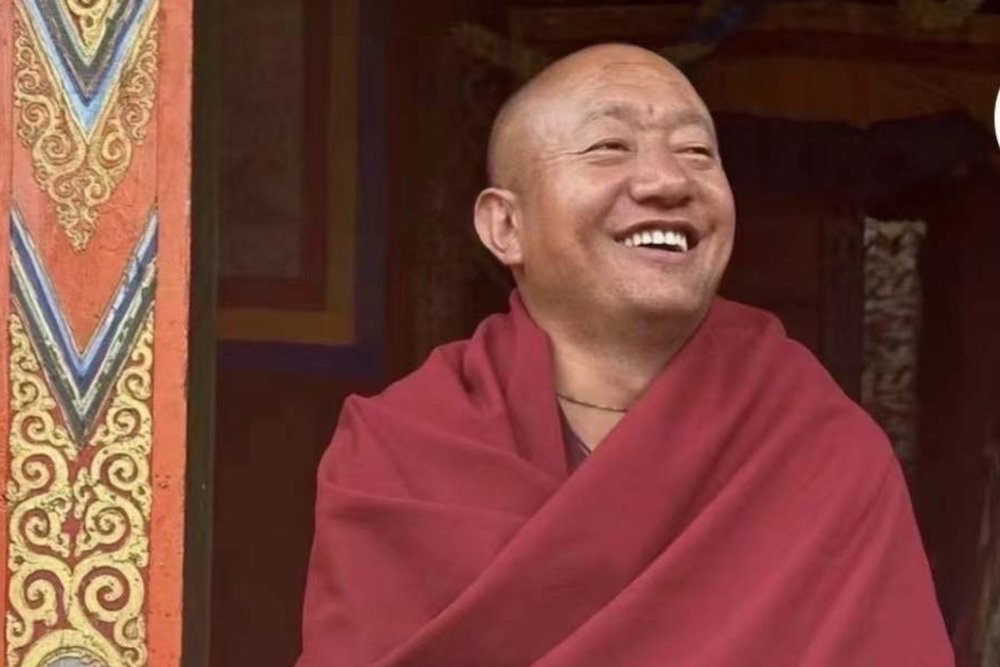By ASHIS CHAKRABARTI
Beijing, June 10 – The Dalai Lama may have given up his demand for Tibetan independence and settled for greater autonomy for Tibet, but that clearly is not enough to satisfy Beijing.
Chinese vice-minister for foreign affairs Wu Dawei yesterday told a group of visiting Indian journalists that all issues regarding Tibet could be discussed if the Dalai Lama stopped his “separatist” activities.
China had noted “some changes” in the Dalai Lama’s recent statements, but still thought they were not “substantive changes”.
The reference clearly was to the Dalai Lama’s statement last March during what the exiled Tibetans call National Uprising Day. For the first time, the Tibetan leader then said that “Tibet’s future lies” with China.
There have been three rounds of talks between Beijing and the representatives of the Dalai Lama in recent years.
Last March, there were indications that China would prepare for the fourth round of talks. But China is believed to have rebuffed proposals for this.
Wu wanted India to ensure that the Dalai Lama’s activities and statements are not allowed to affect bilateral relations between the two countries.
“Tibet is China’s region that is closest to India,” he said.
That the Chinese stance on the Dalai Lama has not softened was indicated by senior administrators of the China Tibetology Research Centre, a government-sponsored body that helps shape Beijing’s policy on Tibet.
As one of them put it, the basic Chinese premise for the dialogue on Tibet is that the Dalai Lama has to publicly give up his demand for Tibetan independence and proclaim that Tibet “was and is part of China”.
Beijing, however, is pleased with the recent shifting of international diplomatic focus away from the Tibetan issue.
It is particularly happy that there was no resolution on the situation in Tibet at this year’s session of the United Nations Human Rights Commission in Geneva.









